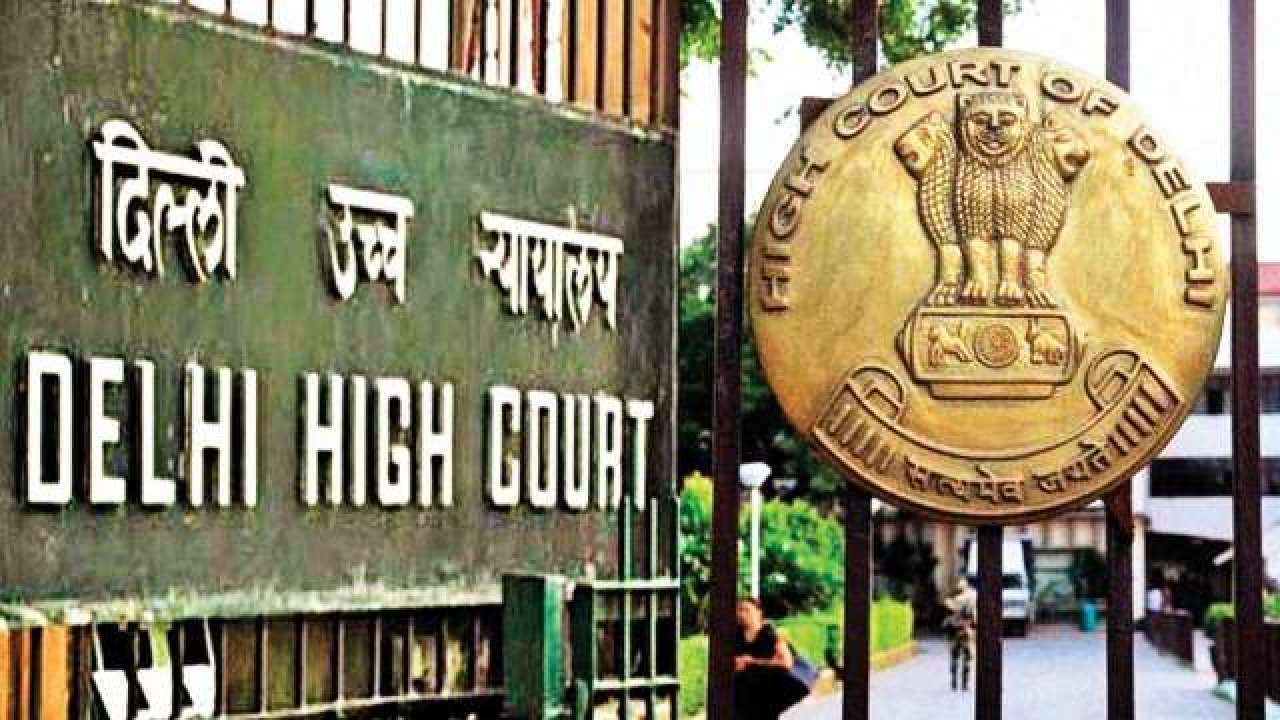Delhi High Court dismisses pleas challenging notifications imposing GST on Autos, buses booked via Apps

The court was dealing with pleas filed by Uber India, Pragatisheel Auto Rickshaw Driver Union, and IBIBO Group Private Limited along with Make My Trip (India) Private Limited, challenging two notifications issued by the Centre in November 2021.
While upholding the constitutional validity of the notifications issued by the Centre levying Goods and Services Tax (GST) on auto-rickshaws and bus rides booked through apps like Uber and Ibibo, the Delhi High Court recently 'dismissed' the pleas challenging the said notifications.
A bench of Justices Manmohan and Manmeet Pritam Singh Arora held, “It is trite law that there can be no vested right in claiming exemption from payment of tax. If the Respondents are of the opinion that the exemption which was earlier extended by the unamended parent Notification to the ECOs in 2017 should be withdrawn, with the passage of time in 2022, such a decision would be within the scope of their jurisdiction under Section 11 of the Act of 2017. There is admittedly no constitutional guarantee or statutory entitlement to exemption”.
The division bench stated that the notifications are not violative of Article 14, 19(1)(g) of the Constitution and do not create an unreasonable classification on the basis of the mode of booking availed by the consumers. “The Respondents are empowered to issue the impugned Notifications under Section 9(5) and 11 of the Act of 2017 and we are, therefore, unable to accept the challenge to the constitutional validity of the said notifications”, it added.
The court was dealing with pleas filed by Uber India, Pragatisheel Auto Rickshaw Driver Union and IBIBO Group Private Limited along with Make My Trip (India) Private Limited.
As per the 2017 notification, the exemption of the tax on the fair was available to individual auto-rickshaw drivers, bus operators as well as Electronic Commerce Operator (ECO). However, on November 18, 2021, the Centre issued two notifications amending this and cancelled the exemption for ECO.
On perusing and analyzing the provisions of the Central Goods and Service Tax Act, 2017, the court stated that the statute elucidates that the scheme of the Act of 2017 recognizes the supply of services through the ECOs as an independent taxable event of supply distinct from the individual service providers.
“It is an admitted fact that ECO charges commission to the auto-rickshaw drivers for providing the digital platform to get connected with the potential consumer, which is in addition to the conveyance charges the ECO collects from the consumers. The auto-rickshaw driver who is street hailed does not have to pay this commission to the ECO. The exemption from GST available to a street hailed auto-rickshaw driver, therefore, provides the individual auto rickshaw driver the capacity to economically compete with the services provided by the ECO and have an option to operate independently”, the bench noted.
The court stated that using the Uber App to book an auto rickshaw ride puts a customer in a different category than using a street-hailed auto rickshaw as the experience of the “doorstep convenience and the assurance” Uber assumes for the safety for the ride makes the experience different for the consumer.
The court opined that it is apparent that the ECOs are now at a disadvantage as a result of the withdrawal of the exemption that had been granted to them. In essence, the ECOs are seeking parity with the bus driver or the auto rickshaw driver through these petitions because their commercial interests are competitive, said the court.
“Hence, this Court is of the view that the impugned Notifications are not ultra vires to Sections 9(5) of the Act of 2017”, it held.
Uber India, in its submissions, stated that the market is always price sensitive and customers may not opt for booking auto-rickshaws through it if the ultimate cost of service is on the higher side. “Apart from the financial implications it may have on Petitioner 1 (Uber), the financial autonomy of the drivers will be completely jeopardized. There is a strong likelihood that due to the impact of impugned Notifications, the general public would become reluctant to avail auto rickshaws services rendered by ECO like Uber”, it contended.
“This will lead to a loss of livelihood for the auto-rickshaw drivers rendering their services through ECO maintained by Petitioner 1 (Uber). The entire segment may become unviable for the ECO leading to cessation affecting the livelihoods of the 2,40,000 registered driver partners of Petitioner 1(Uber). It will also deprive them of the benefits provided by the ECO”, it further submitted.
Rejecting the submissions of the petitioner, the court said, “If the submissions of the ECOs are accepted, it would amount to lack of reasonable classification, resulting in gross inequality”. Furthermore, the court rejected the contention of the petitioners that the ECOs are merely a platform that facilitates a mode of booking and held that the ECOs assume responsibility for the discharge of services assured by them to the consumer, which are rendered by the ECO.
“ECOs are providing bundle of services and partake a charge/commission from both the consumers and the individual supplier. Therefore, for all purposes, the ECOs are an independent supplier of service to the consumer. And, the service provided by the individual supplier is only one facet of the bundle of services assured by the ECOs to the consumer booking through it. Hence, the impugned Notifications do not result in discrimination on the basis of the mode of booking”, the court held.
Accordingly, the court dismissed the pleas and disposed of pending applications.
Case Title: Uber India Systems Pvt. Ltd. v. UOI & Anr (connected matters)
Statue: The Central Goods and Service Tax Act, 2017
